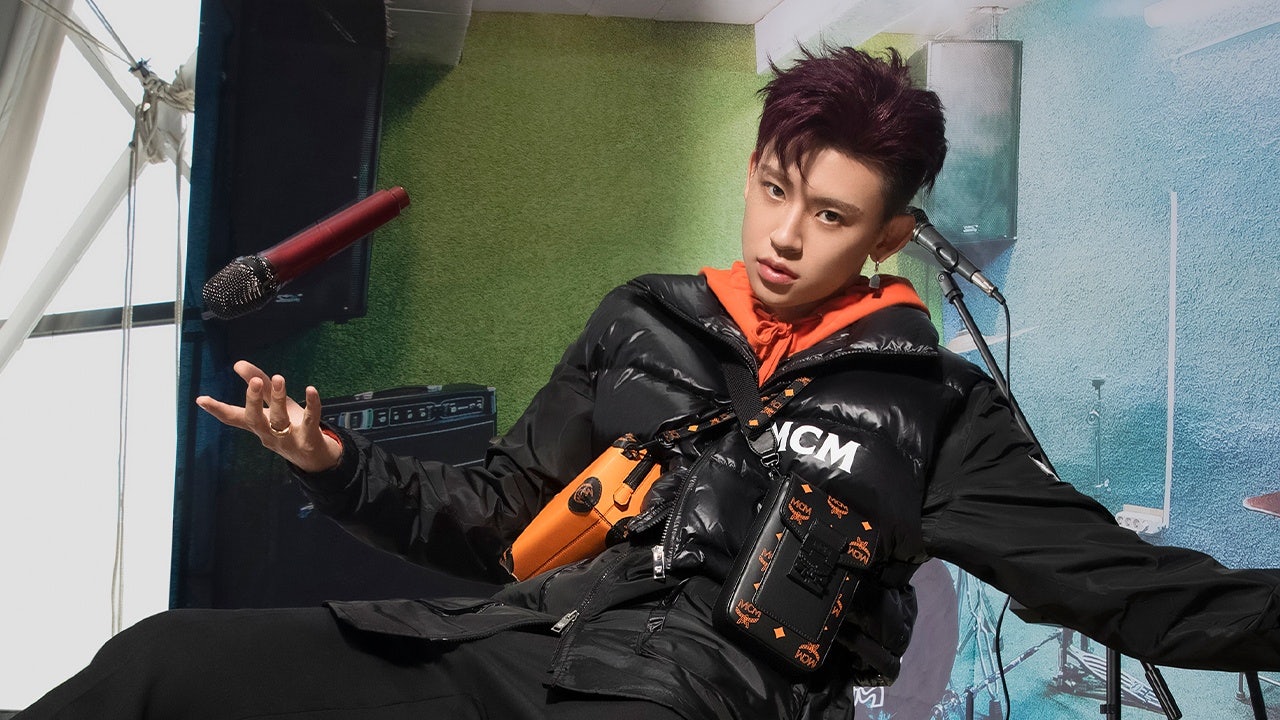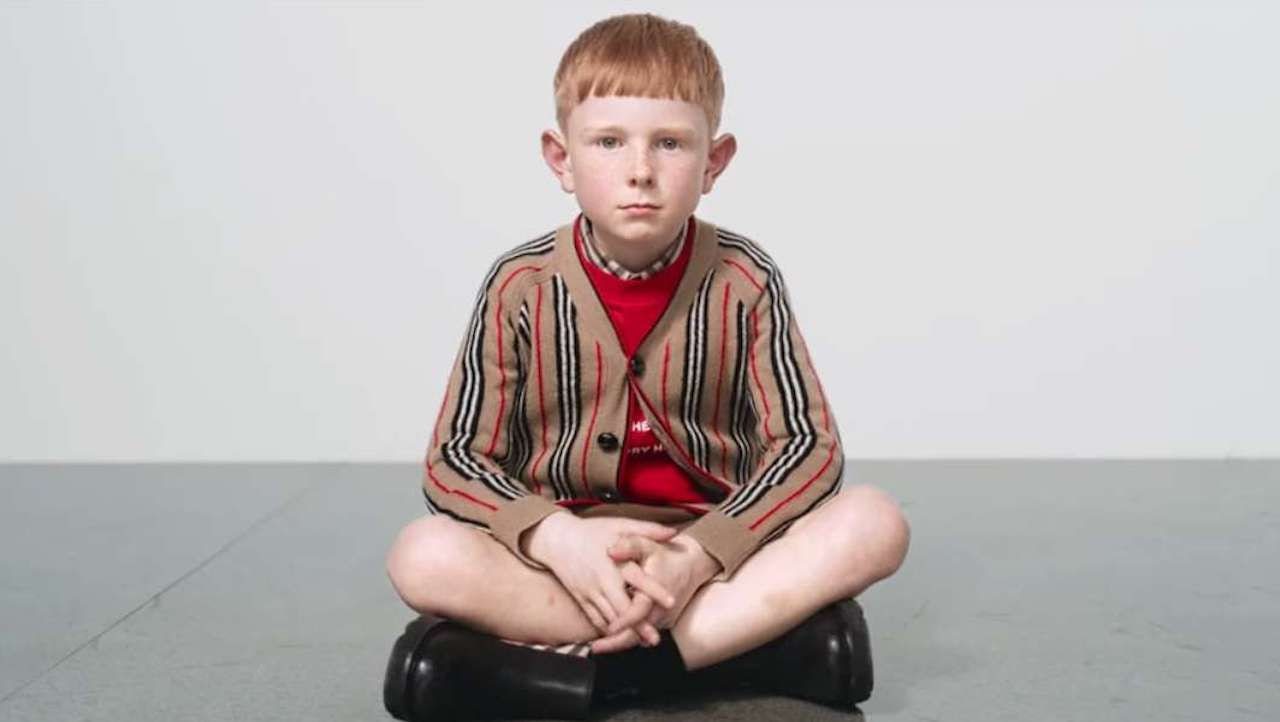Key Takeaways:#
As part of its 45th anniversary, German lifestyle and luxury fashion house MCM is kicking off a reinvention strategy. On August 3, it announced Chinese Gen-Z rap singer and music producer Wang Linkai (aka Lil Ghost) as its brand ambassador.
MCM’s collaboration with Lil Ghost is ingenious given the young face’s persistent efforts in music and his vivacious personality, which aligns well with the brand DNA.
Instead of merely paying for a product, young luxury consumers are buying into a lifestyle or community.
MCM was the most telling example of logomania hype among Chinese millennials. The Italian ‘Visetos’ monogram (consisting of a typographic logo surrounded by bay leaves, diamond shapes, and iconic rivets) was imprinted on many local consumers’ collective fashion memories in the past decade.
However, as younger generations with unique aesthetics and mindsets emerge in China, MCM has had to move with the times. Its latest rebrand cleverly repositions itself as a luxury brand with young blood, thereby elevating its relevance with Gen-Z shoppers.
The new luxury, according to the Highsnobiety tome “The New Luxury: Defining the Aspirational in the Age of Hype,” isn’t just about what you wear but what you know. Today, luxury house monograms are more than shorthand status symbols; they are cultural codes. Likewise, its representation is more complicated and dynamic than just the acquisition of expensive or even rare items.
As such, houses are elevating their conversations with their clients, delving deeper into knowledge-finding missions, and understanding the values that constitute ‘youth culture.’ With this in mind, MCM cultivates its youth-driven culture and fashion trends from the ground up to harness the exceptionally fluid definition of luxury among younger generations on the Mainland.
As part of its 45th anniversary, the German lifestyle and luxury fashion house is kicking off a reinvention strategy. On August 3, it announced Chinese Gen-Z rap singer and music producer Wang Linkai (aka Lil Ghost) as its brand ambassador. The appointment hashtag #MCMBrandAmbassadorLilGhost has driven substantial traffic on Weibo, making it an outstanding campaign with a high engagement rate and positive feedback from netizens.
Through this milestone in China’s market, Jing Daily explores how MCM cultivates its credibility among local music communities to export the brand’s vision and identity in the market.
Underscoring music as unique brand DNA#
China’s idol economy and social media environment mean that leveraging celebrity power has become a high-reward, high-risk proposition. Still, MCM’s collaboration with Lil Ghost is ingenious given the young face’s persistent efforts in music and his vivacious personality, which aligns well with the brand DNA.
The award-winning singer made his debut at the iQIYI hip-hop audition show “The Rap of China” in 2017 and shot to fame as a member of the Chinese boy group Nine Percent, which was founded for the 2018 Chinese survival talent show “Idol Producer." Additionally, Lil Ghost became an accomplished music producer, starting in 2019.
The young rapper appointment aligns with MCM’s roots in pop music culture, which is evidenced through previous partnerships with stars like Beyoncé, Jolin Tsai, Billie Eilish, and the iconic hip-hop stylist Dapper Dan had customized quite a few MCM outfits for the famous hip-hop singers, such as LL Cool J in 80’s. Moreover, MCM’s commitment to the music sector and authentic desire to foster music culture has helped it resonate within dedicated music circles.
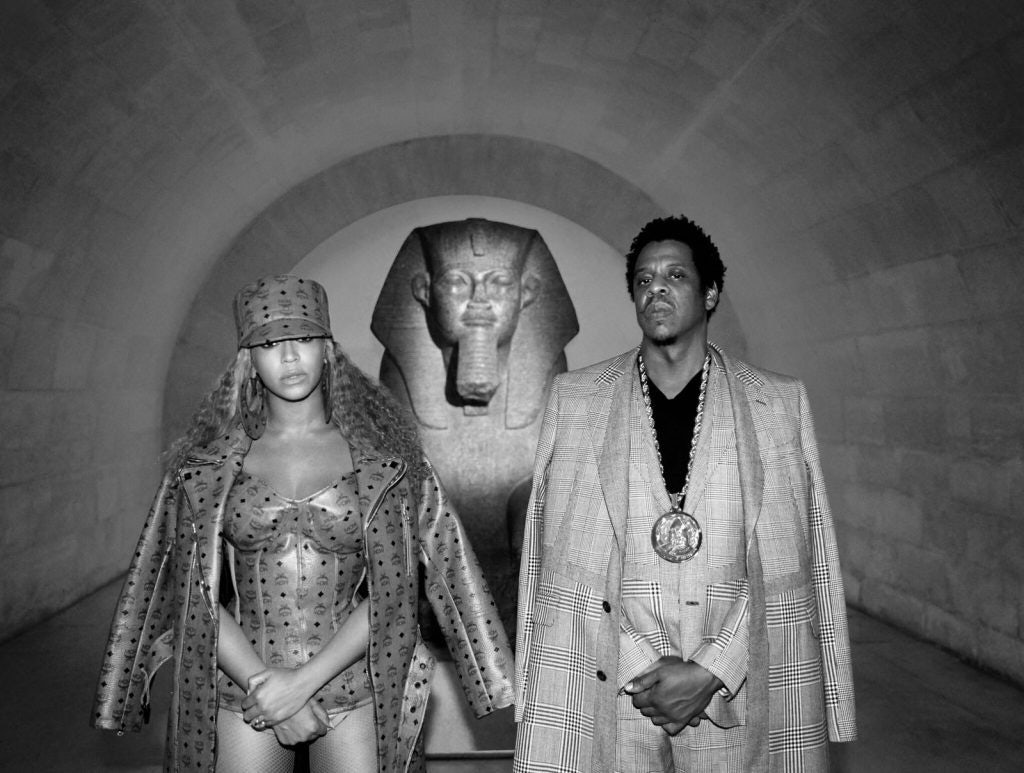
Staying relevant to younger generations#
According to the “Gen Z Insights 2020” report released by QuestMobile, the number of active users in Gen Z (born after 1995) has reached 320 million as of November 2020, accounting for almost 30 percent of all mobile internet users. Their spending power is much higher than the overall digital user, and the report found that online music is one the most popular sectors for this group.
Instead of merely paying for a product, young luxury consumers are buying into a lifestyle or community. To meet this demand, MCM is launching an essential gear series for hip-hop musicians, which includes Visetos bathrobes, boxing shorts, headscarves, hats, beats speakers, and WizPak speaker bags. Although niche, these accessories can act as cultural currency to define the unquantifiable ‘coolness’ of Gen-Z shoppers committed to hip-hop culture.
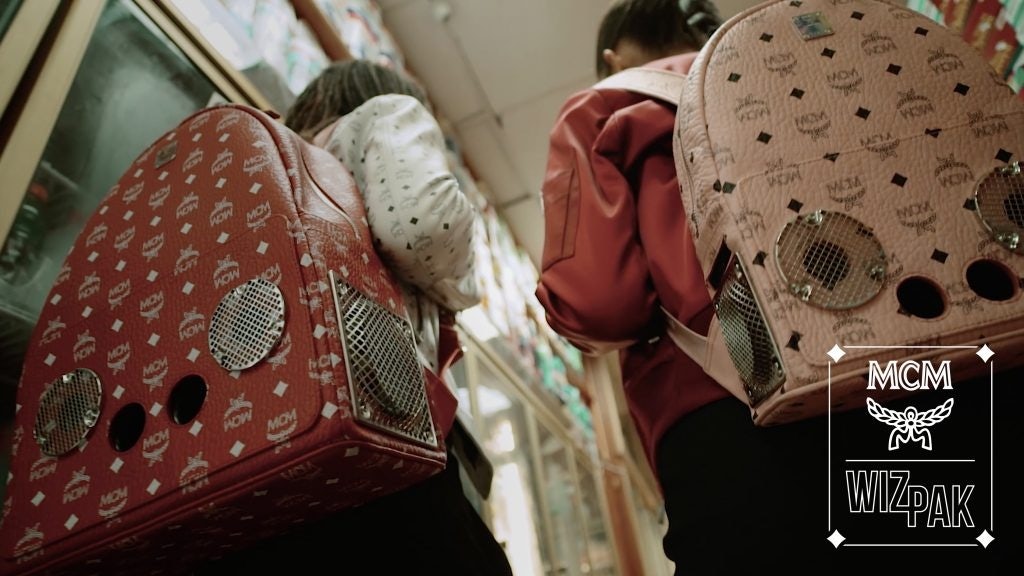
As such, MCM‘s recent tilt towards this surging trend indicates its ambition to keep apace with leading players in the luxury sector, such as Louis Vuitton, Dior, and Gucci. Plus, its approach has paid off with China’s new luxury consumers.
During this year’s 618 Mid-year Shopping Festival, MCM’s gross merchandise volume recorded 48-percent growth compared to the same period last year. In particular, its Toni Shopper Mini Handbag made the list of Top-50 products favored by the local post-90s consumers on Tmall.
Enriching product lines towards a full-fledged lifestyle brand#
To develop a broader reach in China, MCM has introduced initiatives like its collaboration with Inter Parfums from July. Dubbed the 'MCM Signature Fragrance Eau de Parfum,' the perfume was initially introduced to the European and US markets, which fueled its desirability.
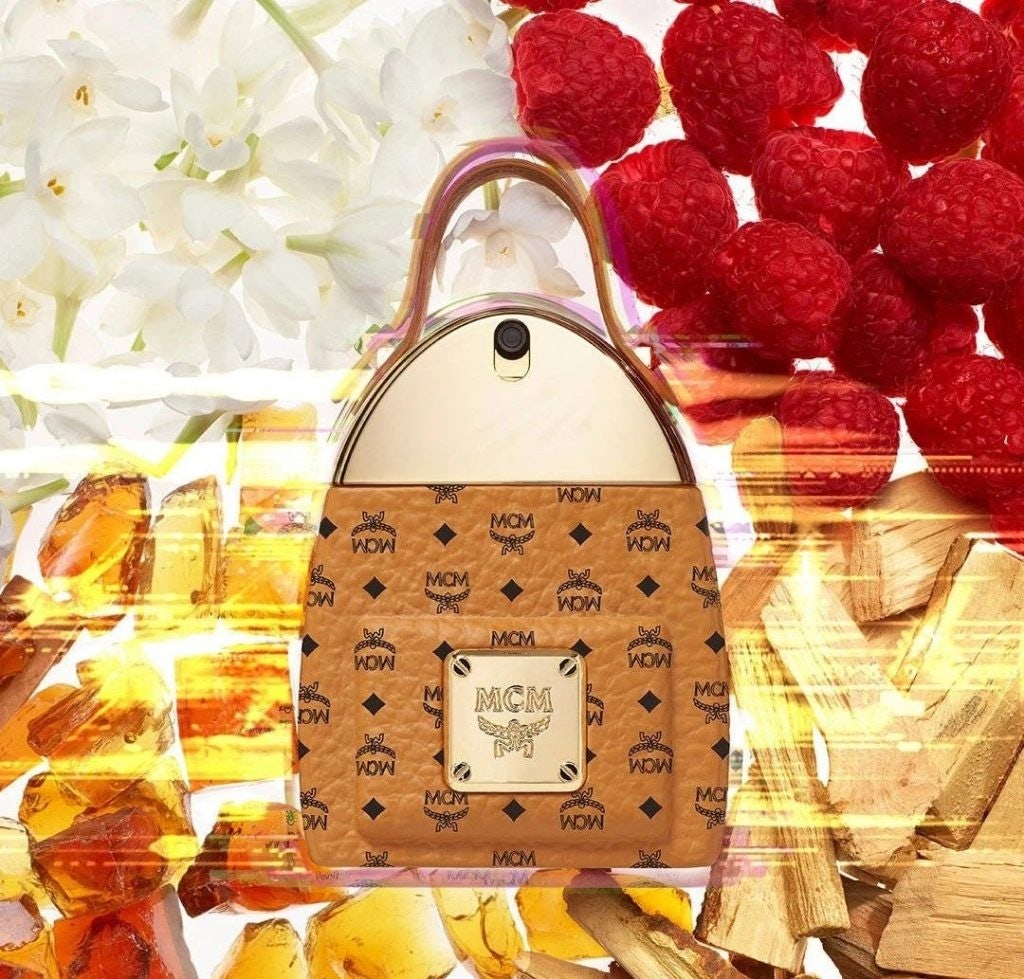
Due to the travel restrictions of the pandemic, Chinese customers had been expecting domestic purchasing channels. Thus, once the fragrance, whose bottle was inspired by the label’s classic backpack, was released in China, it sold out in one week.
The rising brand desirability of MCM is consistent with the parent company’s positive outlook in the country. MCM Worldwide’s net sales in China, with 34-percent year-on-year growth in 2020, is expected to achieve 49-percent growth this year. Moreover, it will expand its physical footprints from 38 to 52 boutiques within three years, including a doubling down on flagship stores in first-tier cities, said the company to Jing Daily.
Overall, MCM’s repositioning and category extension — along with its dedication to the local market — will help it maintain its high-end positioning via its highly-coveted products. That means it is once again back on the radar of young, sophisticated local shoppers.
